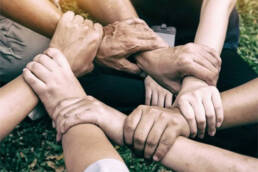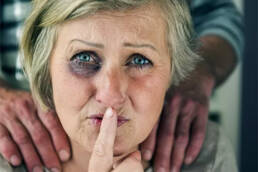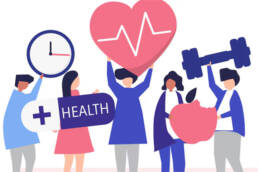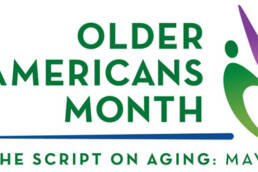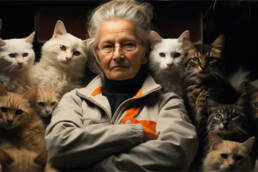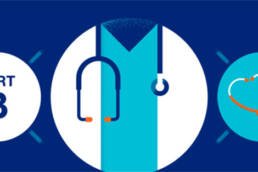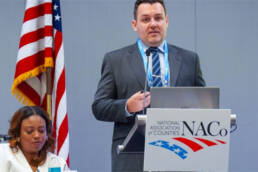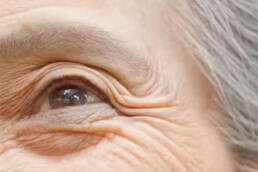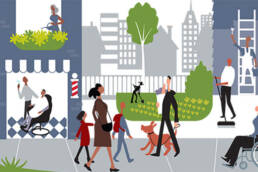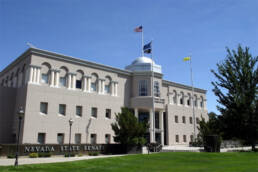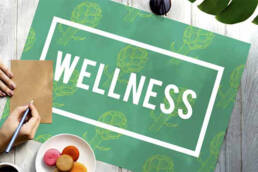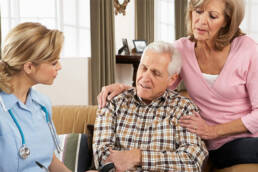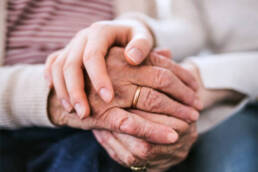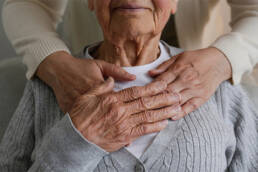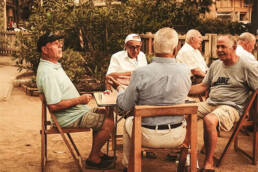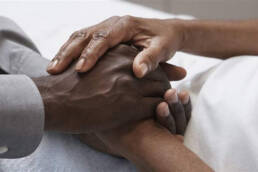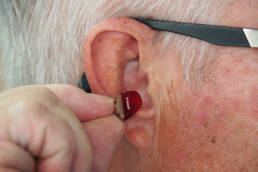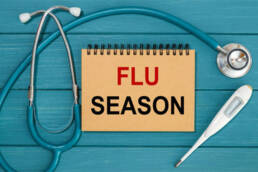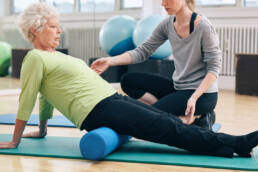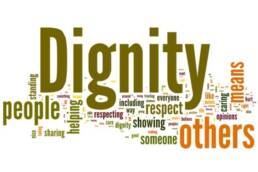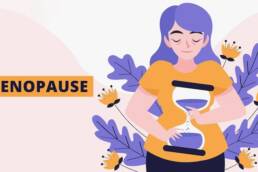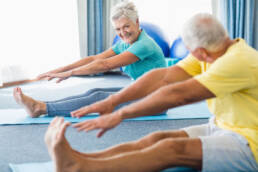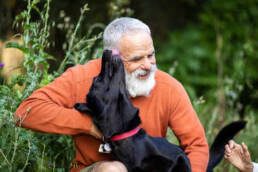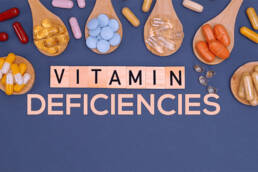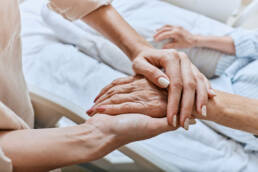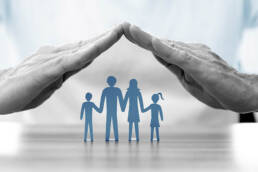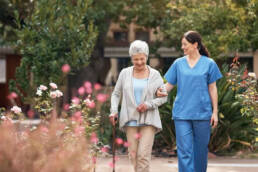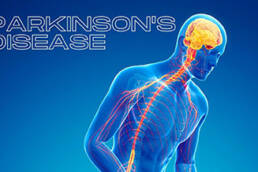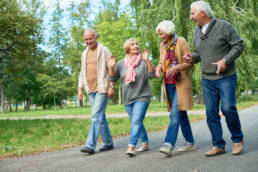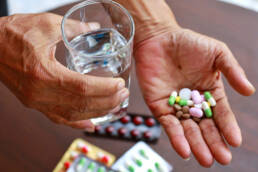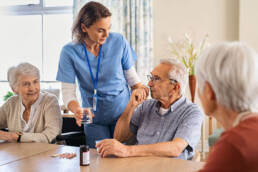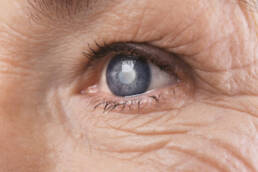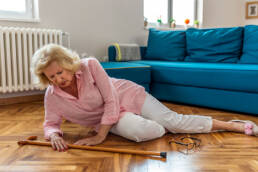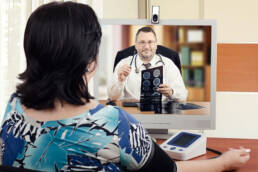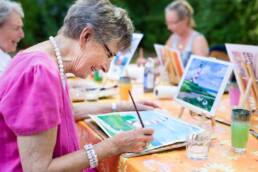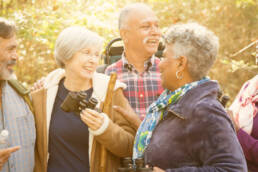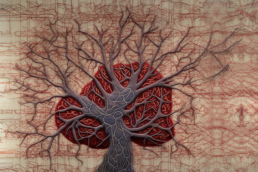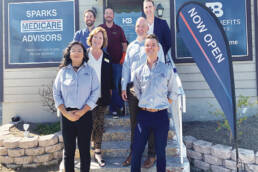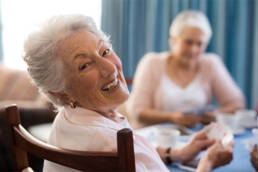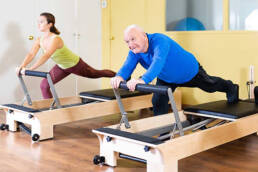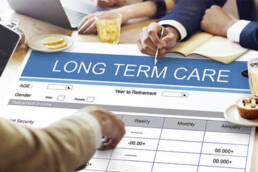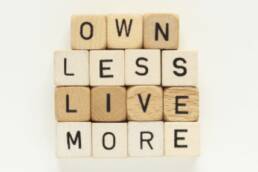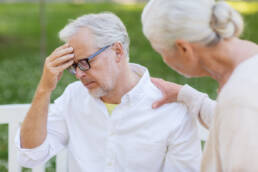We are in the season of giving with Thanksgiving and Christmas. One of the best gifts we can give ourselves, our families, and society is to age well. Aging well is being free of disease or disability, maintaining high physical and cognitive abilities, interacting with others in meaningful ways, eating well and getting physical activity every day. In addition, social interaction is critical to our well being and aging well.
Thanks to investments over time in public health, medical care and education, life spans in the developed world have increased dramatically in the past decades. In 1900, the average life expectancy for men and women in the U.S. was 47 years. As of the first half of 2020, average life expectancy for the total U.S. population was nearly 78 years, according to the Centers for Disease Control and Prevention. The life expectancy for women was 80.5 years and 75 years for men.
The idea that living longer necessarily means enduring significant declines in health has changed in the last two decades. “In the last 20 years, public health scientists have shown it’s possible to live a long life with health. Some decline in health and function is inevitable, but the image that older life is all about illness is not to be right. We can all age well.
Historically, the expectation was that as we grew older we gained abilities, but then hit a peak somewhere before or around middle age that would be followed by a steady downward spiral in physiological and physical abilities. That belief is outdated. We have entered a paradigm shift that’s happened in the last 10 years. Many baby boomers – people born between 1946 and 1964 – are maintaining good fitness and high levels of cognitive health as they are aging. This change in expectations for what older life looks like is occurring as the U.S. population is rapidly aging. There are about 74 million baby boomers in the U.S. and by 2030, all baby boomers will be 65 years or older, according to the U.S. Census Bureau. That year, for the first time in history, seniors will outnumber children in the U.S., based on the bureau of demographer’s project.
Aging well is maintaining your physical and cognitive abilities and interacting with others in meaningful ways which addresses the issues of loneliness and isolation. Clearly, no matter what your situation is as you age there are ways to live a meaningful and positive life. Aging well incorporates behavior and feelings that don’t limit you because you are incapacitated. If you enjoyed certain activities throughout your life you need to continue them, maybe with some limitations or hobbies or developing encore careers can help people age well. If we develop skills in areas where we feel we can help make the world better, in fields like education, the environment, social services and the nonprofit world, we will age well even better.
In addition, as we get older, our metabolism naturally slows down, therefore we need to consume more fruits and vegetables and fewer processed foods to maintain our physical and cognitive health. Reducing calories can make a difference because belly fat tends to increase with age, which I have personally experienced. Also, be aware of your sugar, which can lead to weight gain and diabetes, and salt, which is associated with high blood pressure.
Physical activity is as important as food. We cannot forget to get exercise such as walking. Studies of people who live long and are healthy all get physical exercise. My dog keeps me walking every day. If needed find a personnel trainer or someone that can help you with doing the activities.
Finally, we need to have or develop relationships. These social connections need to occur through family and friends. As we grow older, it’s inevitable that family, friends, and other social relationships will change or end through death, moves, and other reasons. Unless we maintain or develop other social relations we will become isolated and lonely, resulting in ill health and even death.
If we need to, we need to make new friends and work to keep old ones. One suggestion is to develop new relations with younger generations. It’s not necessarily easy, but important to have social relations. Adjust from grieving of the loss through death or departure of family or friends and move on to new relationships. Those opportunities can present themselves through volunteering, mentoring younger colleagues or playing sports or other social activities. If you act on these issues, what better way to age well and “Add Life to Years”.
Lawrence J. Weiss, Ph.D. is CEO of the Center for Healthy Aging. Dr. Weiss welcomes your comments on this column. Write to him at [email protected] or c/o Center for Healthy Aging, 11 Fillmore Way, Reno, NV 89519.

